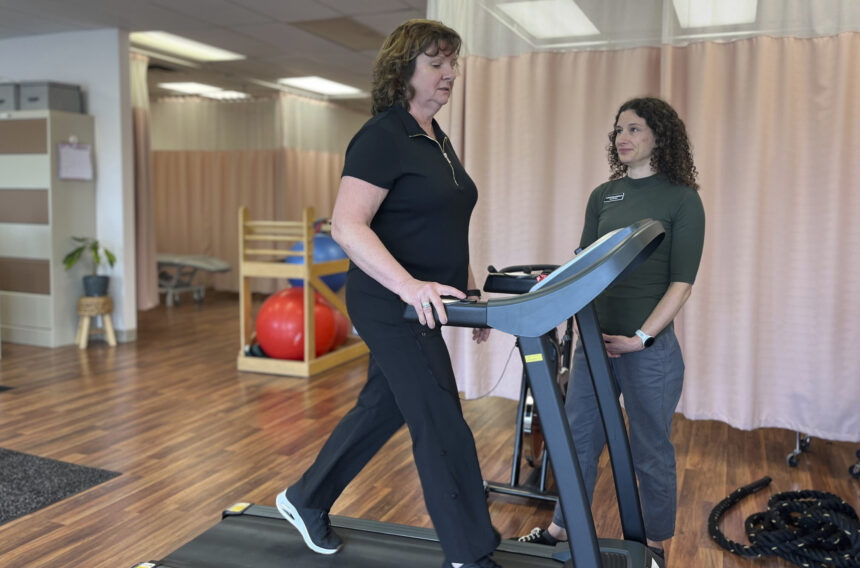A groundbreaking three-year exercise program has shown promising results in improving survival rates among colon cancer patients. This international study, conducted in Canada, Australia, the United Kingdom, Israel, and the United States, demonstrated that regular physical activity can have significant benefits for individuals recovering from colon cancer treatment. The research, published in the New England Journal of Medicine and presented at the American Society of Clinical Oncology’s annual meeting, has the potential to revolutionize post-cancer care.
The study followed 889 colon cancer patients who had completed chemotherapy, with half receiving information on fitness and nutrition and the other half participating in a structured exercise program. Participants in the exercise group worked with coaches to increase their physical activity levels, with many opting for activities like walking for 45 minutes several times a week. The results were remarkable, showing a 28% reduction in new cancers and a 37% decrease in deaths from any cause among those in the exercise program compared to the control group.
Dr. Christopher Booth, a cancer specialist at Kingston Health Sciences Centre in Ontario, expressed astonishment at the outcomes, highlighting the significant impact of regular exercise on cancer recurrence and overall survival rates. Despite some minor issues like muscle strains, the benefits of the exercise program far outweighed the risks. Additionally, the cost-effectiveness of such interventions makes them a viable option for cancer centers and insurance plans seeking to enhance patient outcomes.
The study’s findings have provided concrete evidence supporting the role of exercise in improving cancer survival rates. By incorporating exercise coaching into standard post-cancer care protocols, healthcare providers can empower patients to take an active role in their recovery and long-term health. The success of this study underscores the importance of promoting physical activity as a preventive measure against cancer recurrence and mortality.
Terri Swain-Collins, a participant in the study, continues to prioritize exercise in her daily routine, finding motivation and enjoyment in staying active. The study’s co-author, Kerry Courneya from the University of Alberta, emphasizes the importance of belief, enjoyment, and social support in sustaining behavior change. With this new evidence in hand, cancer patients now have a compelling reason to stay committed to their exercise routines and improve their chances of long-term survival.
In conclusion, the study’s groundbreaking results highlight the transformative potential of exercise in enhancing survival rates for colon cancer patients. By integrating structured exercise programs into post-cancer care plans, healthcare providers can offer patients a proactive approach to managing their health and well-being. This research sets a new standard for cancer care, emphasizing the critical role of physical activity in improving outcomes for survivors.








